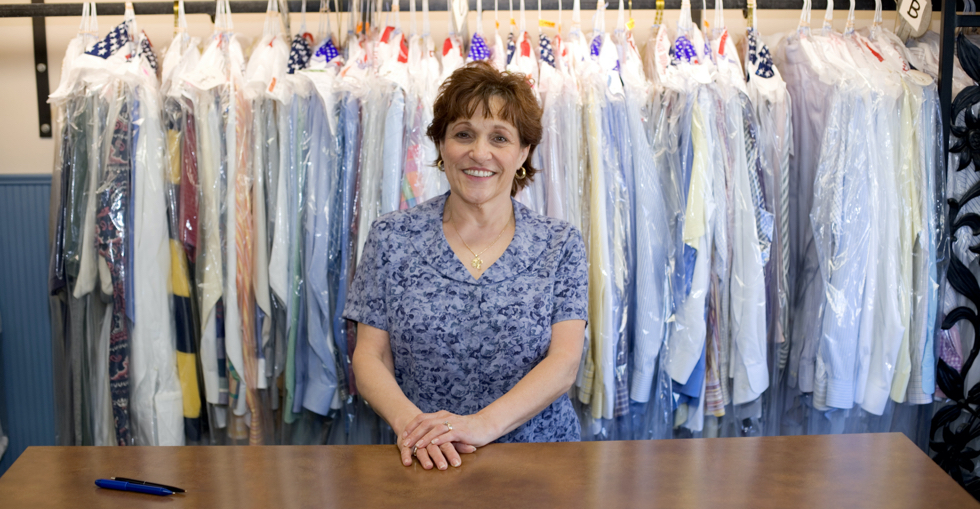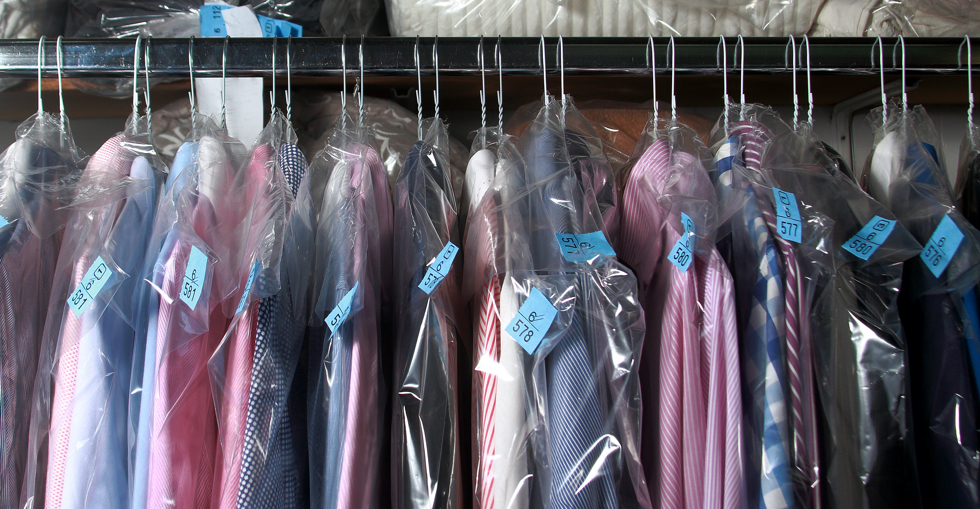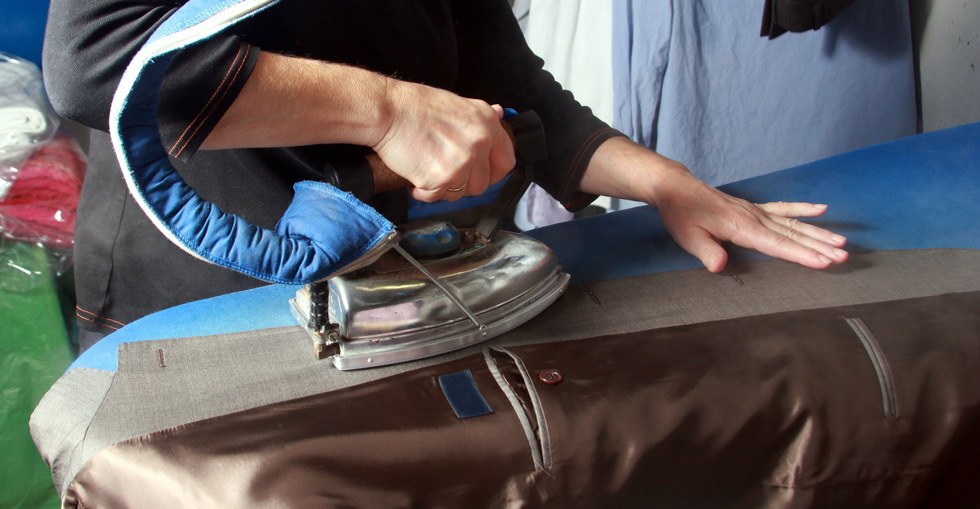Consumer spending on professionally cleaning clothes is on the rise, thanks to the increase in natural fibres used in garments today. People also have less time in their busy schedules to clean their clothes, making the dry-cleaning industry prime for further growth. Read on to find out more on how to buy a dry cleaner.
There are a few different types of dry-cleaning business models to consider; agency cleaners, who receive the clothes and outsource to a third-party cleaner; on-site high street dry cleaners; or industrial cleaners who manage contract cleaning and work from large sites.

This article offers advice on what type of entrepreneur is best suited to this industry and what to look for in a successful dry-cleaning business. There is information outlining what environmental responsibilities you will have as an operator using solvents, as well as tips on the due diligence process.
A buyer’s profile
As the business owner, you will be in control of your trading hours; however, many customers will prefer to use convenient dry cleaners, where they can drop off and collect their items before and after work. Be prepared to open at the weekends to maximise profits.
It can be useful to gain experience working or managing a dry-cleaning business before you take the plunge and buy your own store. It is important to enjoy the work, know about the machinery and how it operates; qualifications as a stain removal technician would be greatly beneficial too. Alternatively, you can negotiate a handover period in the sale agreement so that you can learn side by side the previous owner before they step aside.
Attention to detail is vital in this sector, as well as good communication skills and the ability to manage your team. Profit margins are relatively slim, so you will need to operate the business efficiently. Time management and organisational skills are always a bonus.
There are dry cleaning franchise opportunities that would suit risk-averse entrepreneurs keen to operate under a tried-and-tested model with an established reputation. You will be given all the relevant training and support, and your store will benefit from brand recognition.
Finance and statistics
There are around 5,170 dry cleaners operating across the UK and the market size is £2 billion. Society’s busy lifestyles mean people have less time to wash and iron their clothes, and with garments containing more natural fibres, dry cleaning services are in high demand.

If you are looking to buy an established dry cleaner in a good location, with healthy trading accounts, value-added services and no nearby competition, then you should expect to pay around £100 to 150,000. The length of the lease and the terms will also affect the asking price.
There are a lot of different funding options available; approach your bank to see if you are eligible for a business loan. There may be seller financing opportunities, or you can apply for an asset loan to buy equipment or a tax loan to help spread the cost of your tax demands.
What to look for in a business
Is the business in a good location? What is the demographic in the area, and what is average household income? Are there any competing dry cleaners nearby? What is the store’s footfall figures? Are there additional revenue streams or fixed contracts in place?
Find out how old the machinery is and review the maintenance records to establish the last service date. The service life of most machines varies between seven to 15 years depending on the make, model and size. Replacing equipment can range from £25,000 to £100,000 depending on the number of machines.
Will you be inheriting an established team once you take over the business? If the current employees are well-trained and reliable, this will be a huge asset to help you hit the ground running and ensure the transitional period runs smoothly and help keep trading figures high.
Licences and permissions
Dry cleaners are all subject to local authority regulations with regards to their air emissions. It is an offence to operate using organic solvents without applying for a permit from your local authority under the provisions of the Environmental Permitting (England and Wales) Regulations 2016.
Once the business is registered with your relevant local environmental health department, you will be issued with an operator’s permit on condition that all equipment meets the required standards. There is an annual permit fee that varies depending on your council.

The Guild of Cleaners and Launderers (GCL) provides its member's information on the Solvent Emissions Directive and how to get a permit. You can also gain a qualification in The Safe Handling of Dry Cleaning Solvents to improve your competency in using solvents.
Due diligence
You need to ask as many questions as possible about any business that you are considering. How does the dry cleaner generate new business? Is it reliant on regular customers or are there contracts in place with local businesses? Does the store have additional receiving units (drop off points customers can use instead of travelling to your outlet)?
During due diligence, you should review the financial records, especially the last three years of accounts. Check all the current licenses and permits are up-to-date and review any environmental reports. You should also examine current employee and customer contracts.
If you are keen to buy a high street premise, find out if the business has additional revenue streams. If not, consider implementing extra services after you have bought the dry cleaners; for example, if you are a competent seamstress you can offer alteration and repair services.





